THE Pfizer coronavirus vaccine is causing more allergic reactions than expected, according to a top scientist with Operation Warp Speed.
Dr Moncef Slaoui said on Wednesday that the number of reactions – at least seven in the United States – is much greater than what would be expected for other vaccines.
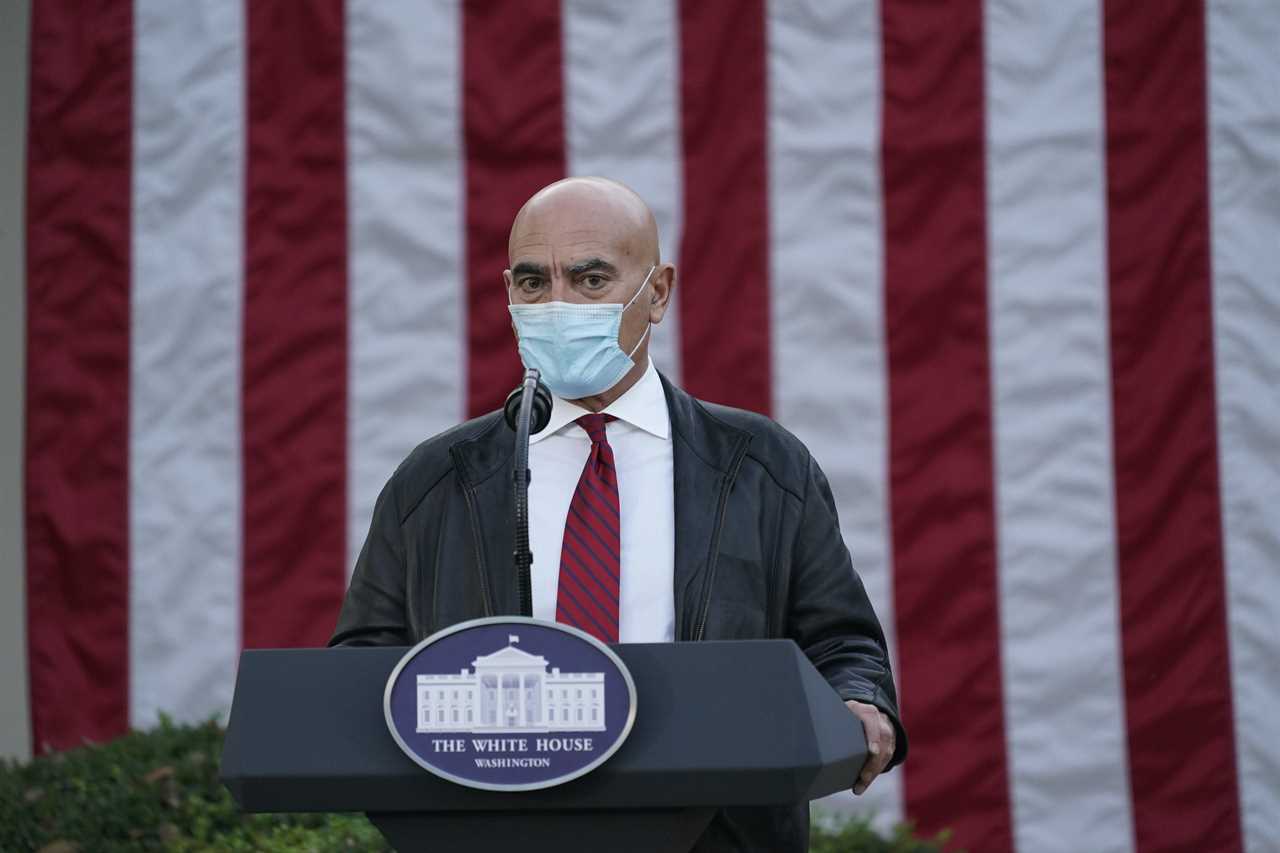
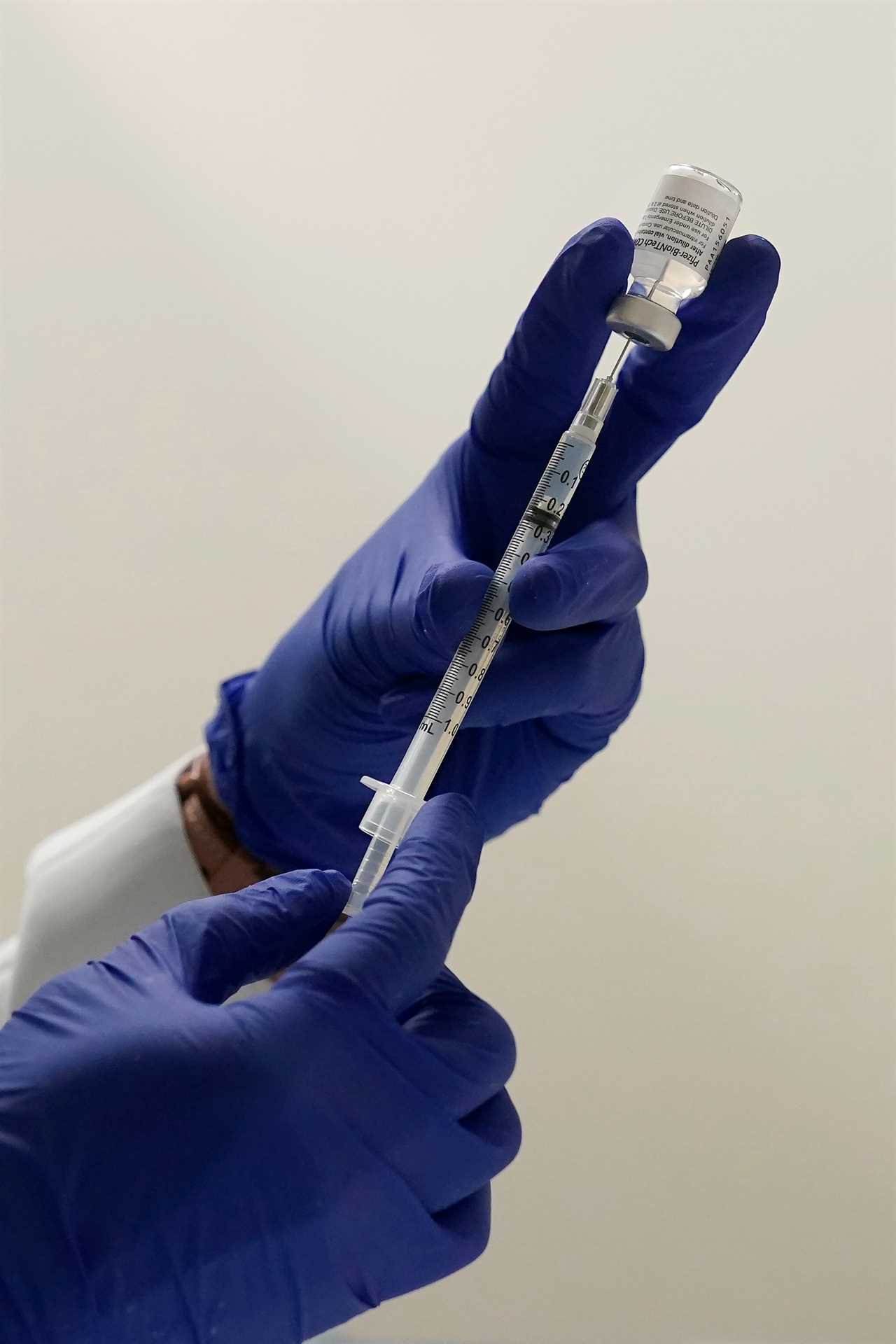
“That frequency … is superior to what one would expect with other vaccines,” Slaoui, the chief scientific adviser for Operation Warp Speed, told CNN.
The doctor said there have been talks between the vaccine makers and the National Institutes of Health to figure out if they should run clinical trials of Covid vaccines with people who are very allergic to things.
Slaoui said a trial for people who say, carry EpiPens with them at all times due to severe allergies, could help understand what’s provoking the reactions.
The National Institute of Allergy and Infectious Diseases, which Dr Anthony Fauci oversees, said on Monday that they will be investigating the reactions to the jabs.
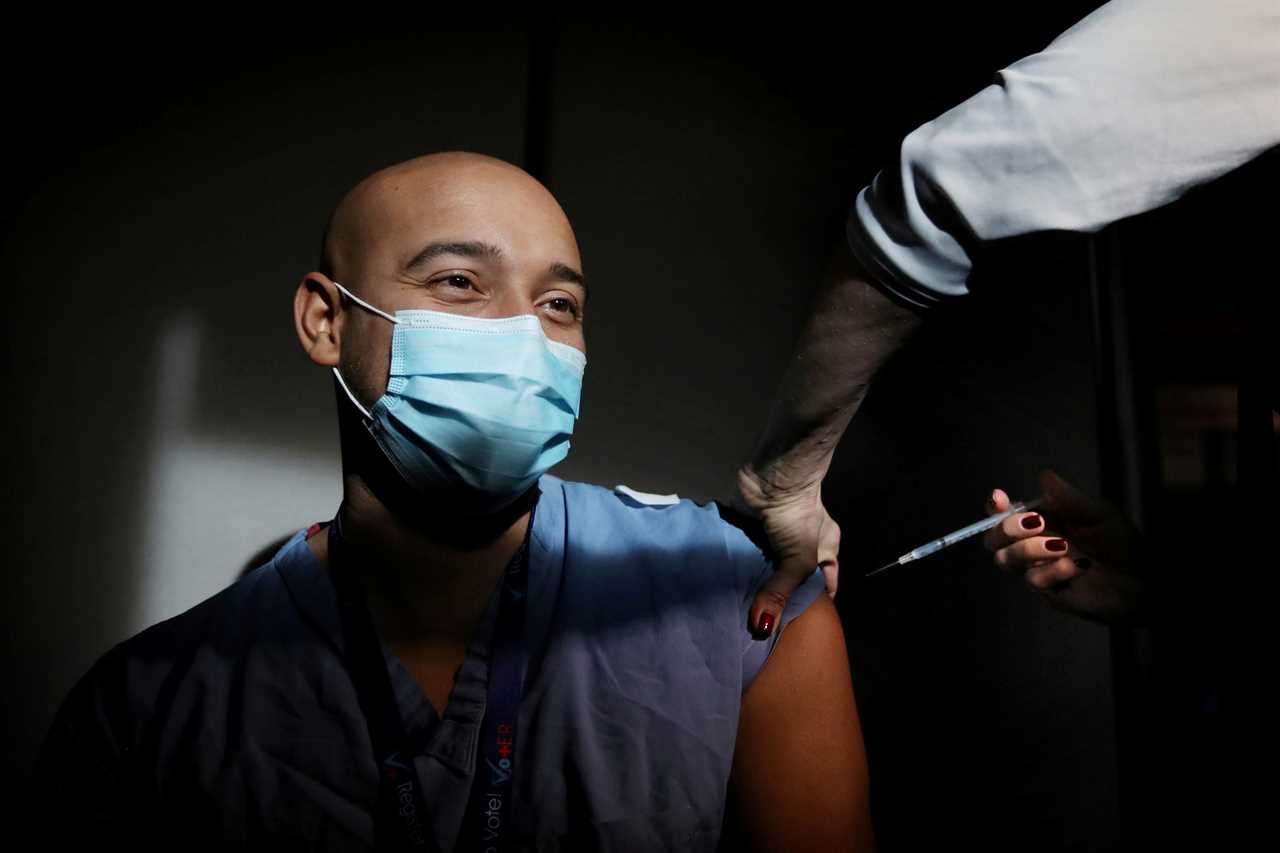
Alkis Togias, chief of the institute’s Allergy, Asthma, and Airway Biology Branch, told CNBC on Monday that “several hundred people” will be involved in the study.
Togias said his department will lead the study, which he said researchers hope to start in the coming weeks, although when it would start was not immediately clear.
“We are a little bit concerned that people who have had a lot of allergies who have had reactions like this to all kinds of things, not just vaccines, may be afraid to get vaccinated now,” Togias said.
“We just don’t want that to happen. We want to find a way for them to get vaccinated.”
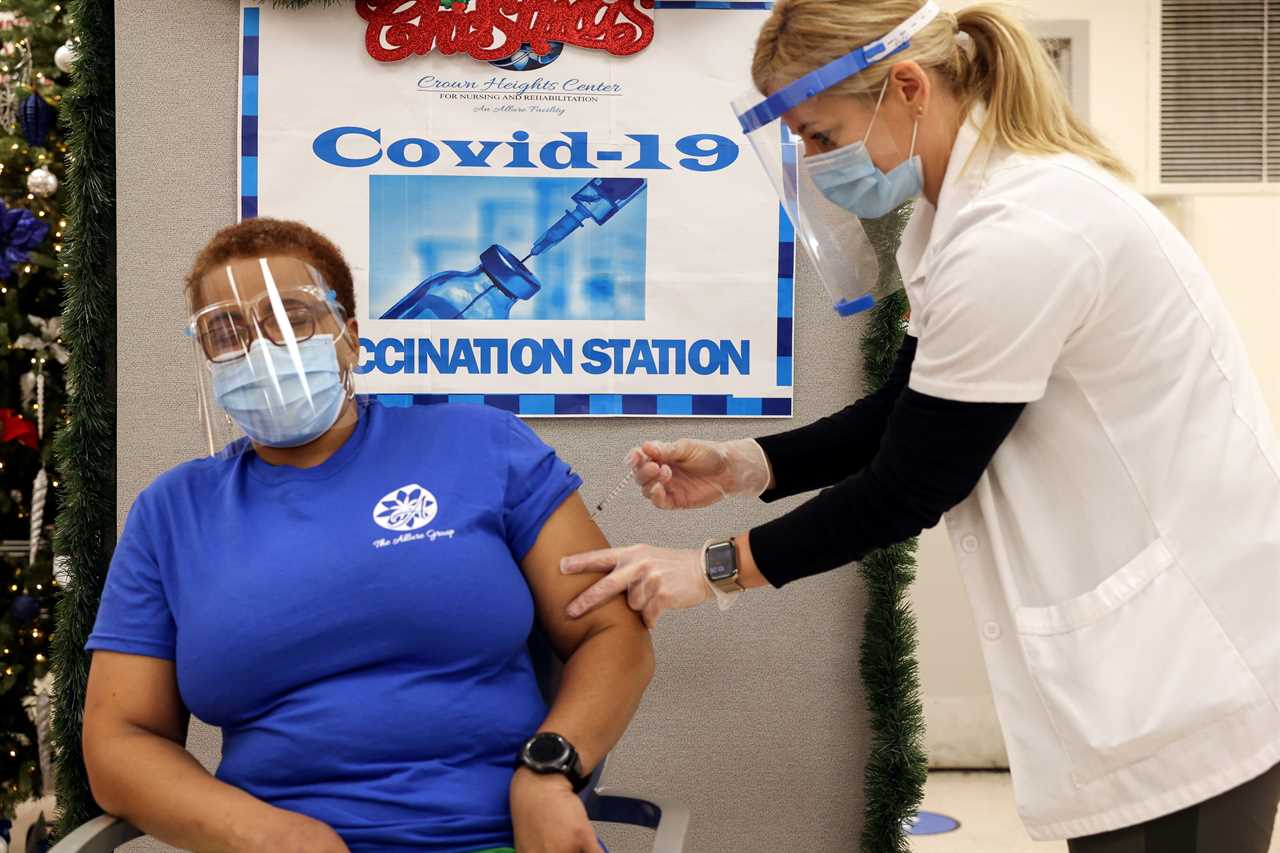
Slaoui said of the study: “There is now advanced planning for a study in highly allergic individuals in clinical trials to test the Moderna and Pfizer vaccines and try to understand the immune mechanisms that are underpinning any reactions.”
As of earlier this week, at least seven people in the US have suffered reactions – both small and strong – after receiving Covid vaccines.
On Wednesday, Alabama’s state health department said someone who received Pfizer’s vaccine had a severe allergic reaction several minutes later but appeared to be recovering.
In Illinois, vaccinations of hospital workers were halted after four employees suffered adverse reactions.
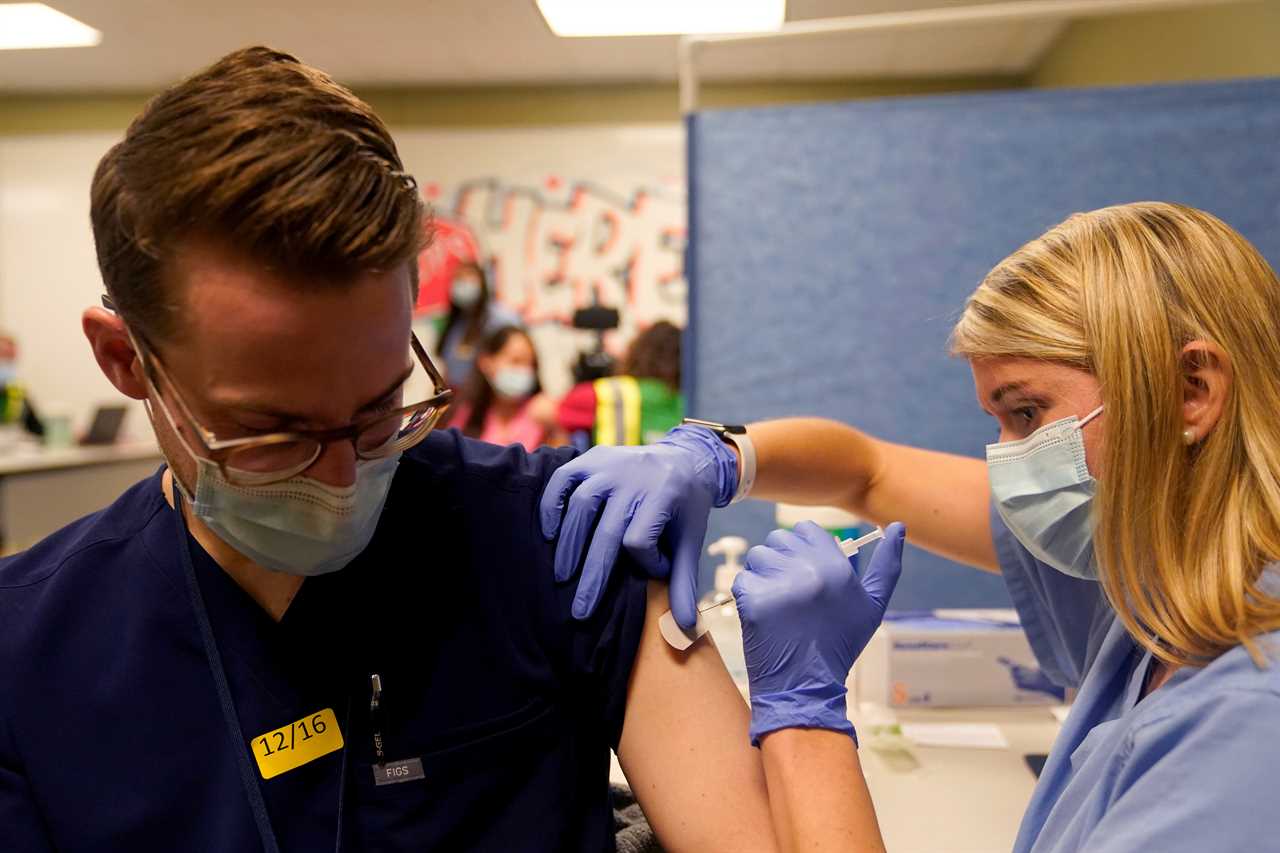
In Alaska last week, a female health employee began experiencing “a probable anaphylactic reaction” about 10 minutes after receiving the shot.
Her symptoms included tongue swelling, a hoarse voice, and difficulty breathing – “traditional anaphylactic symptoms,” as said by health officials.
She received two doses of epinephrine at the Fairbanks Memorial Hospital emergency department and was discharged about six hours later, officials said.
Pfizer said on Wednesday that it will supply the US government with an additional 100million doses of its vaccine under a new agreement between the pharmaceutical giant and the Trump administration.
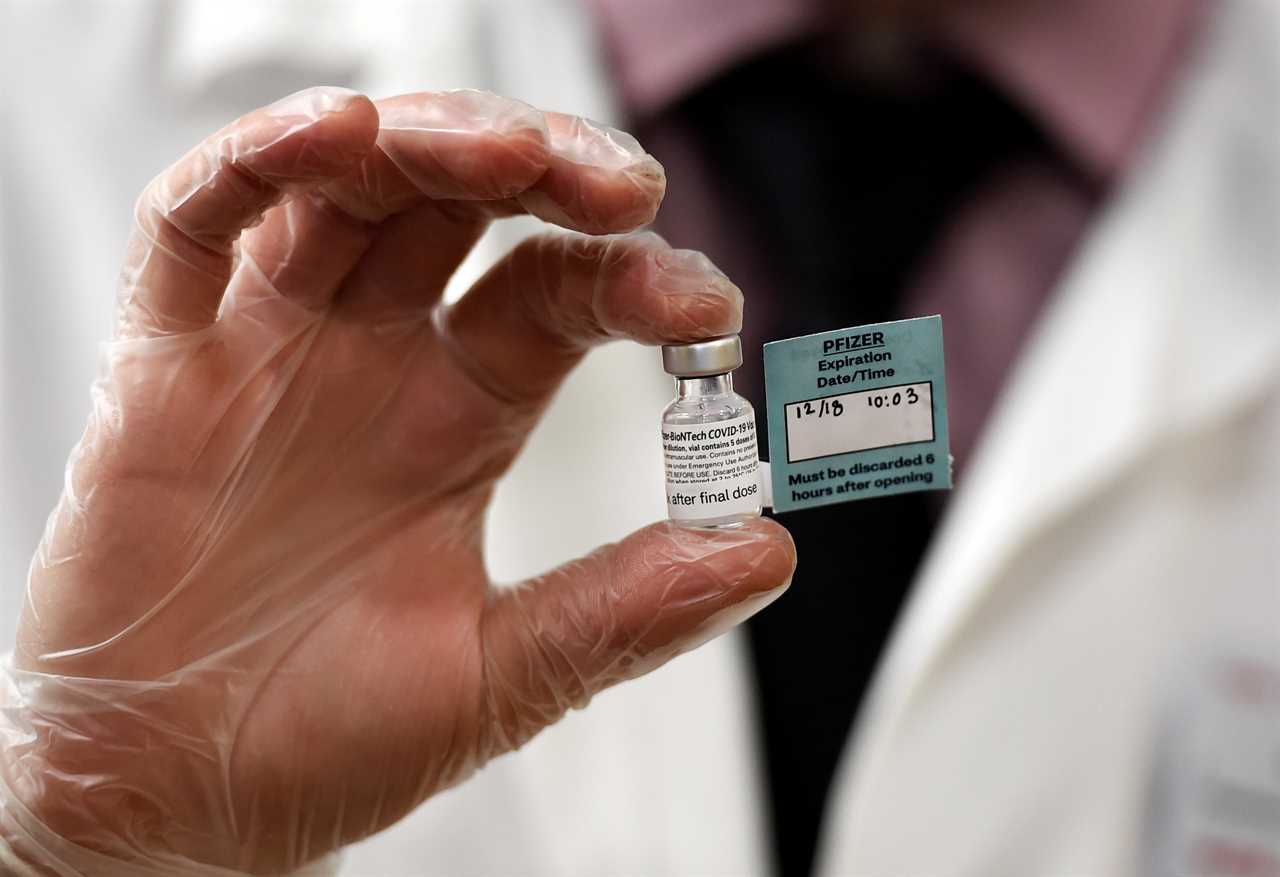
Pfizer and its German partner BioNTech said that will bring their total current commitment to 200million doses for the US.
That should be enough to vaccinate 100million people with the two-shot regimen. The government also has an option to purchase an additional 400 million doses.
“This new federal purchase can give Americans even more confidence that we will have enough supply to vaccinate every American who wants it by June 2021,” Health and Human Services Secretary Alex Azar said in a statement.
The additional 100million doses cost taxpayers $1.95billion.
To aid vaccine production, the government said it is using its authority under a Cold War-era law that allows it to direct private manufacturing.






